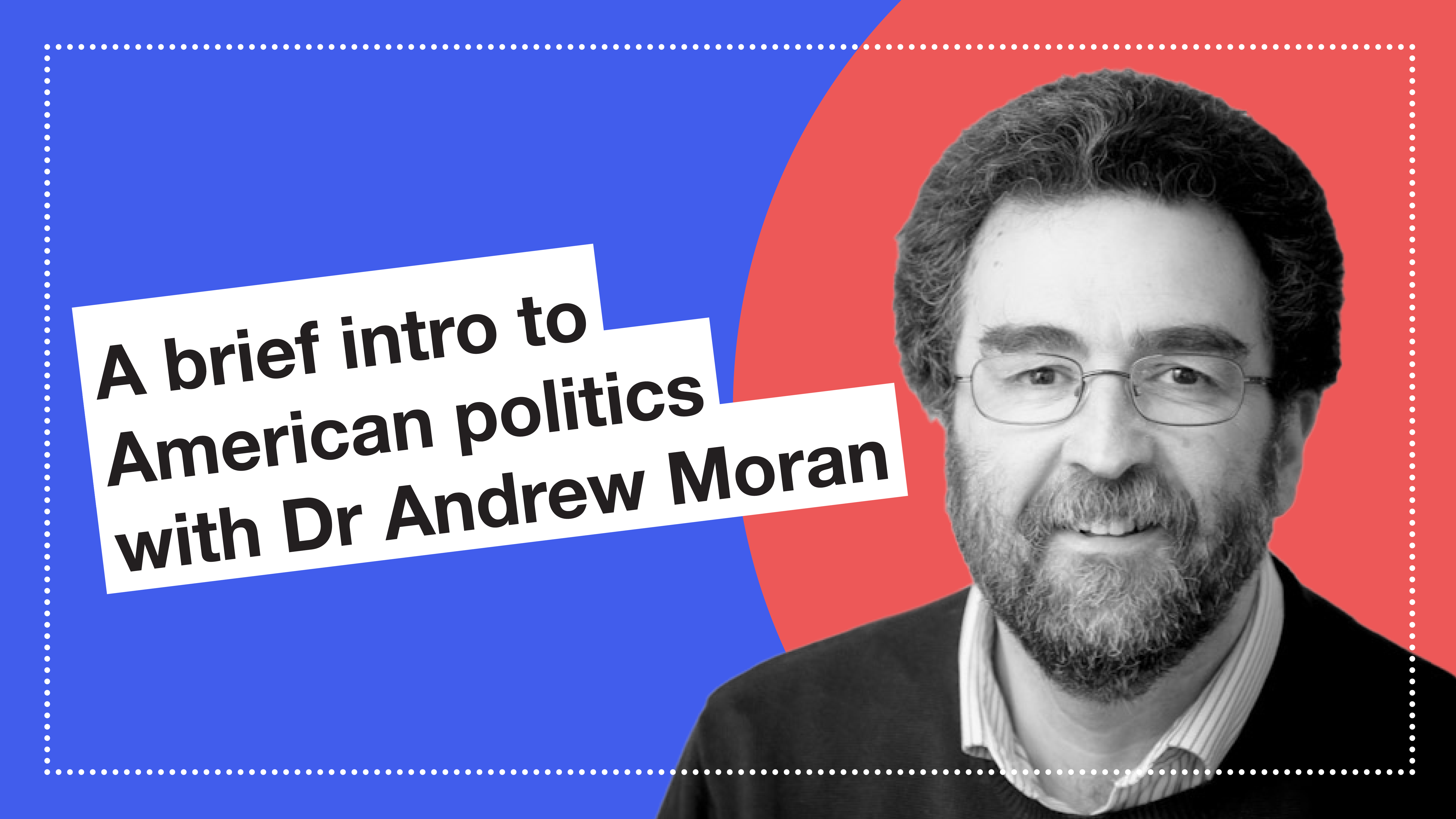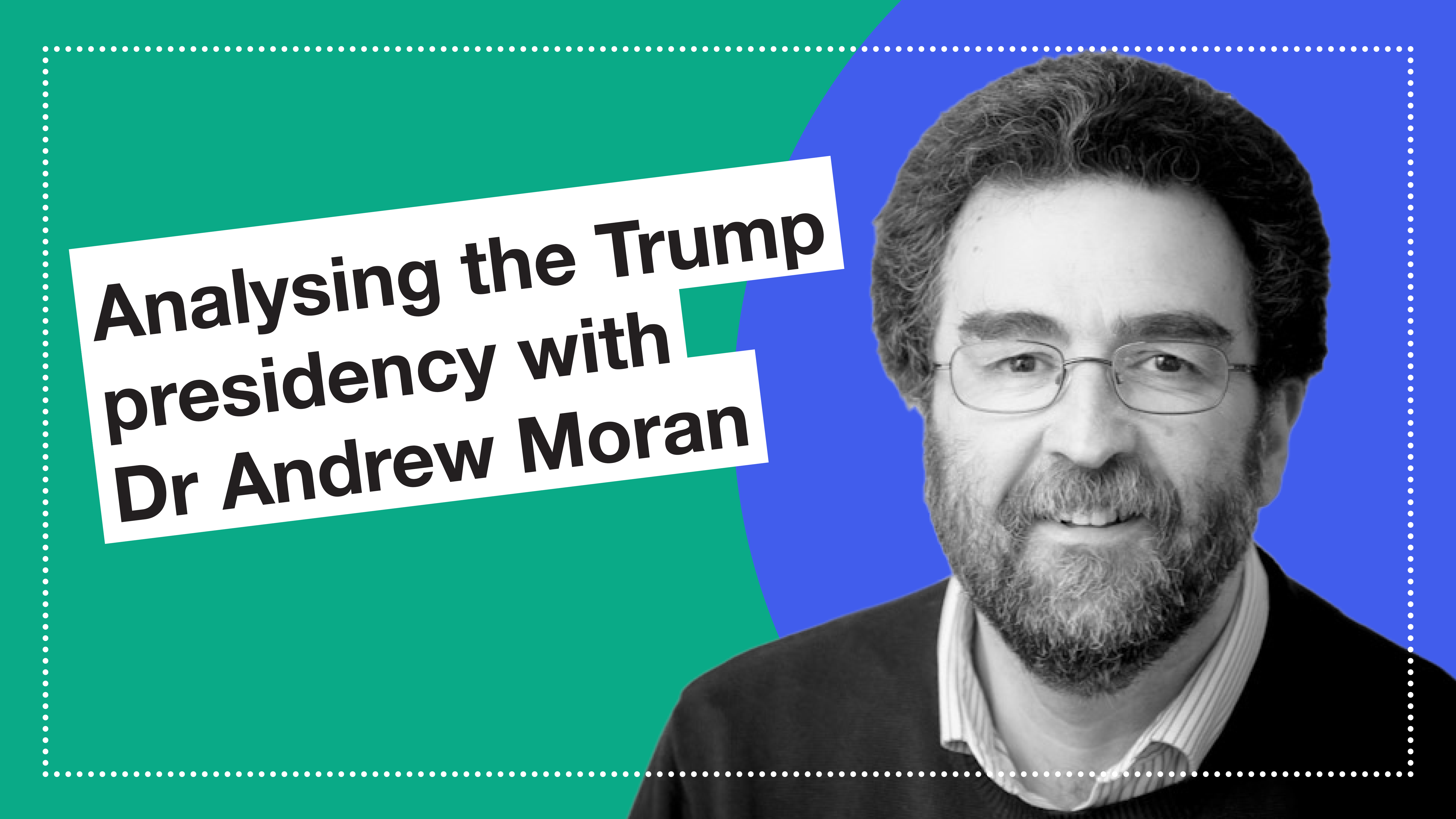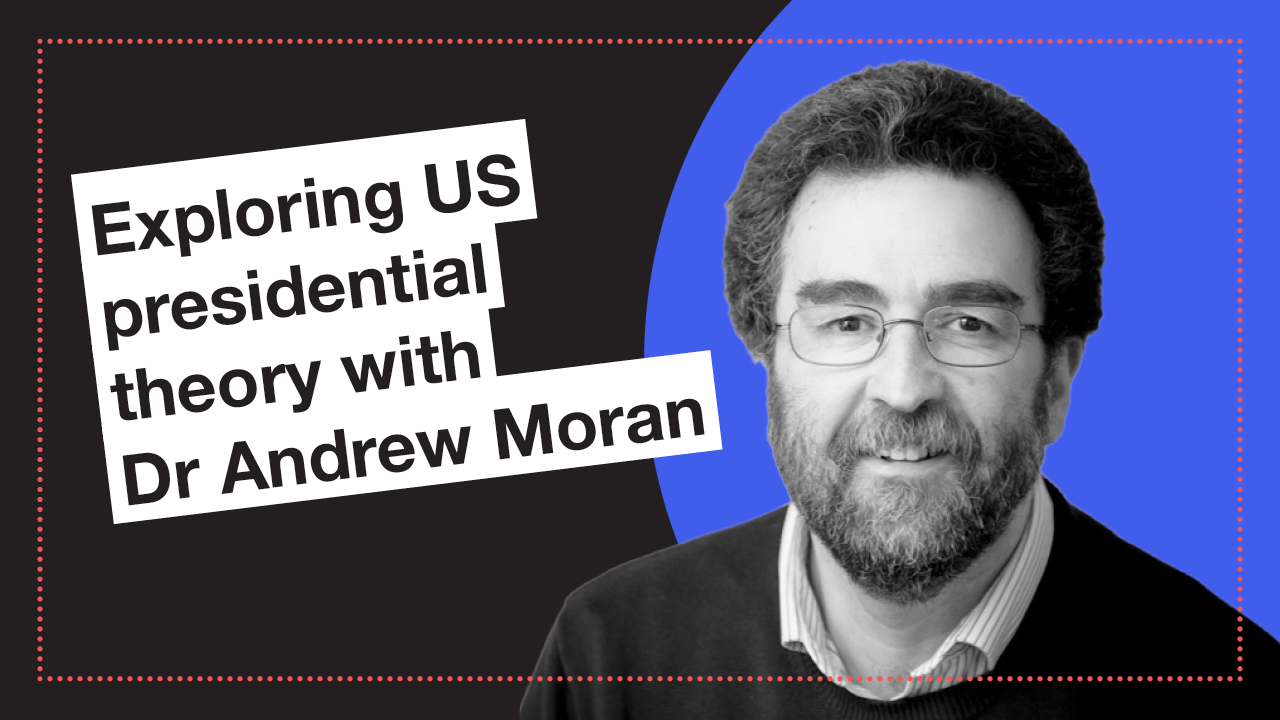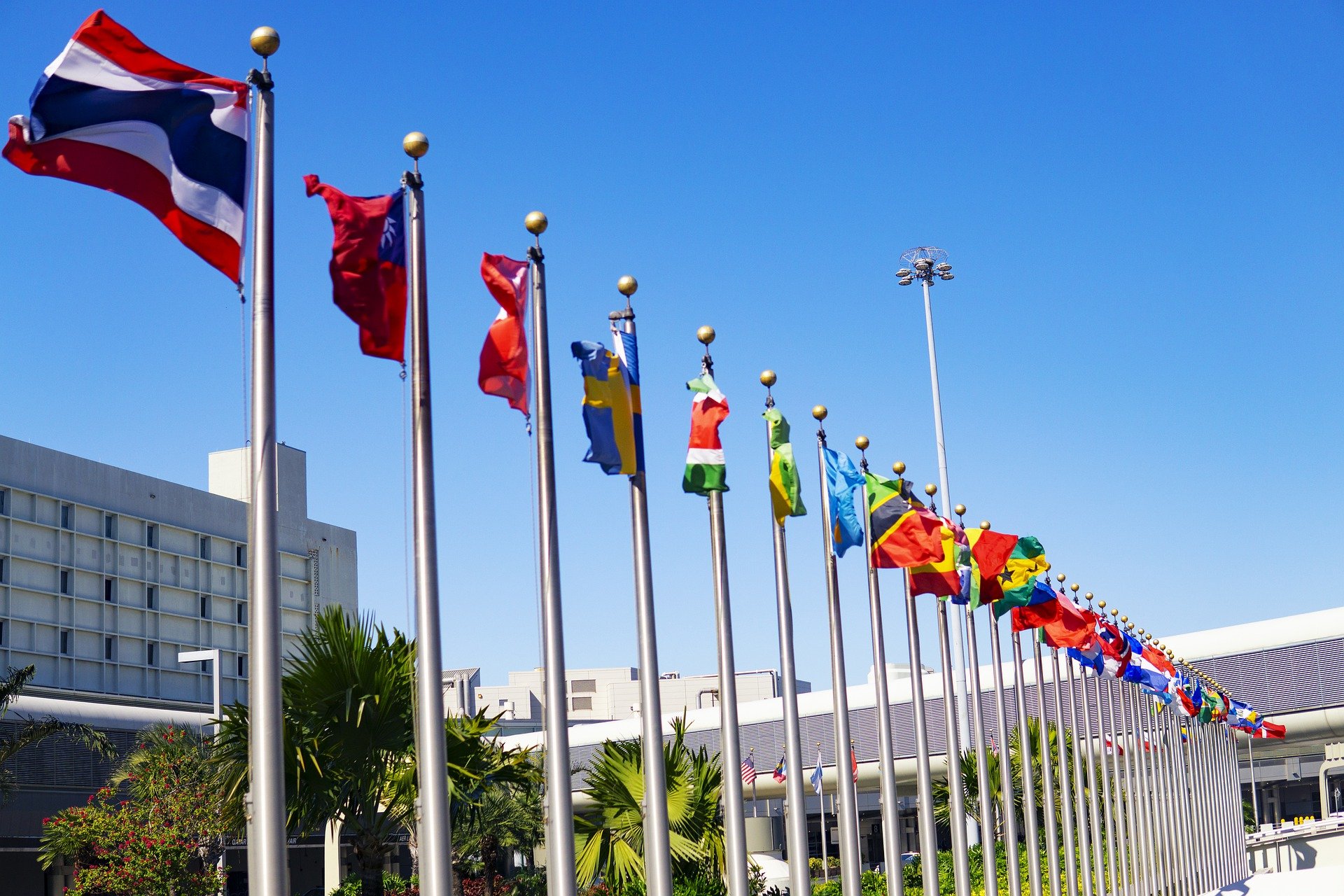Apply for this course
Please select when you would like to start:
Use the apply button to begin your application.
If you require a Student visa and wish to study a postgraduate course on a part-time basis, please read our how to apply information for international students to ensure you have all the details you need about the application process.
Why study this course?
Human rights and international conflicts confront us with the most urgent moral and political issues of our time. This course explains and explores these issues, addressing hard questions by drawing on diverse theoretical approaches and practical experiences. Taught by published experts in human rights, peace and conflict studies, international relations, politics, history, philosophy and women’s studies, the master’s degree will equip you with the kind of understanding necessary to work for peace, justice and human rights in the real world.
Learn from industry professionals
This course is taught by published experts in human rights, peace and conflict studies, international relations, politics, history, philosophy and women’s studies
Learn about all the major aspects of international relations
You’ll gain a strong grasp of the moral, ethical, political and legal issues at stake in international relations and conflicts, including the current conflict between Islamism and the international community of states
Gain a good academic foundation and then choose your own specialities
This master’s degree will provide both a solid academic grounding in human rights and international relations, and offers a wide choice of optional modules
Course modules
The modules listed below are for the academic year 2024/25 and represent the course modules at this time. Modules and module details (including, but not limited to, location and time) are subject to change over time.
Year modules
History and Theory of Human Rights
This module currently runs:autumn semester - Monday evening
(core, 20 credits)
History and Theory of Human Rights engages contemporary scholarship and debate about the political history and moral and political philosophy of human rights. It therefore now follows Samuel Moyn’s deflation of the philosophy of human rights and demythologization of the history of human rights. Whilst radicalizing Moyn’s project by tracing human rights’ American genealogy, it explores grounds for questioning what he intends as his definitive judgement that human rights are “Not Enough”. In these ways, it provides the MA in Human Rights and International Conflict with its theoretical and potentially practical backbone.
The module aims:
1. to provide a historical and critical introduction to ideas, theories and arguments about human rights;
2. to evaluate political, social, legal and economic institutions and actions by ethical criteria;
3. to explore ethical ideas and to articulate such ideas in the construction of logical argument.
Human Rights and International Conflict Research Dissertation
This module currently runs:summer studies - Thursday afternoon
autumn semester - Thursday afternoon
spring semester - Thursday afternoon
(core, 60 credits)
The research dissertation is the course’s greatest test of a student’s intellectual and academic skills. It affords the opportunity to analyze an aspect of human rights that is of especial interest to the student, whether that be something related to their own experience, identity or tradition, to human rights’ philosophical justification or historical progress, to some particular and distant injustice or conflict, to the effectivity of a particular law or human rights regime, or to anything else of relevance to human rights and international conflict. What is of greatest importance in the choice of subject is that it is one into which the student is motivated to research independently and in depth, and to express themselves on in twelve to fifteen thousand words.
Read full detailsHuman Rights and the International Order
This module currently runs:spring semester - Monday evening
(core, 20 credits)
Human Rights and the International Order analyses the institutionalized practice of human rights, their emancipatory achievements and legitimatory function, their internationalization in the 1940s and 2001’s thwarting of the ambition of a “responsibility to protect”, the present plight of both them and the order along with which they were internationalized, and their prospects.
The module aims to enable its participants to critically analyze:
1. the causes of, and reasons for, the Universal Declaration of Human Rights, and the broader development of human rights as a globalizing and institutionalizing force in relations between states;
2. the variety of particular states, domestic and foreign policies, non-state actors, cultures, and motivating ideologies with which human rights has come into conflict, and to explain such conflict;
3. the role of human rights in justifying wars, in legitimating international organizations, and in maintaining international order.
Read full detailsInternational Conflict Resolution
This module currently runs:autumn semester - Monday afternoon
(core, 20 credits)
This module examines the theoretical, analytical, normative and practical aspects of international conflict resolution. It considers a range of approaches to the subject, elucidating its relationship with relevant disciplines and concepts. It explores both inter-state and intra-state conflicts and the relationships between them, with analysis of the roles of a range of actors, including states, international institutions, NGOs, and civil society movements.
It seeks to provide students both with a thorough understanding of the complex issues involved in attempts to transform conflicts and a high level of conceptual, analytical and theoretical understanding of the subject area.
This module aims to:
1. Examine a range of approaches to the cessation of contemporary conflicts and the conditions that may be necessary for peace
2. Focus upon both the domestic and international actors involved in these processes
3. Provide students with an understanding of relevant theories and empirical material for comparative analysis
4. Explore the differing ways in which particular conflicts tend to be viewed by participants, external commentators and public policy-makers
Citizenship and Social Justice
(option, 20 credits)The original, republican ideal of citizenship that of being an active part of a city and its civil society, of a polis and its political community, not simply the possessor of a passport. This module explores the changing meaning and continuing potential of citizenship, including the modern separation of the politics of the sovereign, bureaucratic state from the market society of its economically active subjects, and the failure of twentieth-century attempts to use states’ representative democracy to democratize society and justify corporate and institutionalized power in terms of citizens’ participation. This failure has much to do with the massive scale of modern political and economic organization, and the module will explore recent arguments about both the politics of locality and community and the relation of citizenship and rights to duties, virtues, and justice.
The module aims:
1. To provide a historical and critical introduction to ideas, theories and arguments about citizenship and social justice.
2. To explore ethical ideas and to articulate such ideas in the construction of a logical argument.
3. To relate philosophical propositions to political, social and economic issues and to institutional, legal and policy prescriptions.
Humanity in Peril: Navigating Security Concerns
This module currently runs:spring semester - Wednesday afternoon
(option, 20 credits)
Human Security is an approach to politics that focuses on the well-being of individuals and communities. Its particular focus is to identify and understand threats to peoples’ security that are not confined to armed conflict, not understood at the level of the state, and not encompassed by the general understanding of national security.
The goal of this module is to introduce a range of issues that have been construed as relevant to security in recent years, and which have changed and expanded the notion of security within the study of international relations. In the post-war period, and particularly since the end of the Cold War, it has become apparent that safety, peace and the pursuit of prosperity can be threatened in many ways other than by armed conflict.
This module will explore the concept of security as it is understood within the International Relations discipline. What has been the rationale for the development of a distinct concept of ‘human security’? What are the implications of the concept of human security for our understanding of security in the international system? It will then examine the application of the concept to substantive problems and policy areas. These include the impact of poverty and inequality, gendered violence, the impact of environmental degradation, food insecurity, mass population movement, human trafficking and international crime. Finally, it will assess the impact of the concept on the strategies and policies of international organisations and states.
Read full detailsInternational Relations: Theories and Challenges
This module currently runs:autumn semester - Wednesday evening
(option, 20 credits)
The discipline of International Relations seeks to examine the major issues affecting the world and theories of International Relations allow us to understand and try to make sense of the world around us through various lenses, each of which represents a different theoretical perspective. These theories can be used to understand a broad range of international events such as why nation states rise and fall, or the factors behind international conflict. Theories can even be used to help us understand the role state leaders, NGOs, civil society and activists play in solving the myriad problems and the challenges that face humanity.
In order to achieve these goals this module aims to enable students to understand and compare the wide range of contrasting contemporary theories and research ‘paradigms’ in international relations, bring out the key assumptions about the nature of international relations broadly shared in each tradition and the key concepts used by each school. At the same time the module will enable students to grasp the relationships between evolving theories in the field and real world issues and actors.
It will also highlight the debates, particularly among International Relations scholars about more fundamental issues in social science theory and research, concerning the nature of understanding and explanation within the discipline of International Relations.
Read full detailsPublic and Diaspora Diplomacy
This module currently runs:spring semester - Tuesday morning
(option, 20 credits)
In both the practice of international relations and the study of diplomacy, the roles of publics have never been so important. Empowered by the enhanced networking opportunities provided by the internet and social media, states and migrant populations exert influence on international affairs through their attempts to shape public opinion, both at home and abroad.
On this cutting-edge module, you will explore the practice of contemporary public diplomacy, through which states and other actors attempt to implement their foreign policies through engaging with publics. You will also examine the increasingly significant role played by diaspora populations in world politics, in areas such as conflict resolution. These two practices come together in various ways through the form of diaspora diplomacy, whether through migrant communities becoming diplomatic actors in their own right, or through states partnering with diasporas to pursue their diplomatic agendas.
Exploring both thematic (e.g., gastrodiplomacy) and country (e.g., the UK, China, India) case studies, the module aims to develop students’ knowledge and understanding of how public diplomacy and diasporas shape the contemporary international environment.
Read full detailsReligion and International Relations
This module currently runs:autumn semester - Tuesday afternoon
(option, 20 credits)
This module will provide you with an opportunity to engage with contemporary debates on the various different roles of religion in international relations. In particular, it will enable you to evaluate differing interpretations of the political importance of religious actors, groups and religious oriented ideologies in international relations.
It will consider how religion, once considered to be in decline in the second half of the Twentieth Century, has re-emerged as an influencing force in international relations since the end of the Cold War in the 1980s. Global events in recent years, not least the Al-Qaeda attacks on the USA on September 11, 2001, and subsequent attacks by other ‘religiously-motivated’ terrorist groups, have resulted in various religious ‘actors’ having a crucial role in shaping world politics. But these are not the only ones.
The challenges - both theoretical and practical – of integrating religion into international relations has attracted a great deal of attention in recent years, with scholars looking to account for the ‘return’ or resurgence’ of religion. With this in mind, this module will explore the doctrines and organizational methods of many major religious ideas, values and actors, focusing on their abilities to influence local, regional and global affairs.
As a result, this course will seek to reach beyond the often quoted ‘Clash of Civilisation’ thesis proposed by Samuel Huntington, which has dominated so much of the discussion since 9/11, and will, instead, explore how many governments make issues linked to religion a focal point of their foreign policies, whilst also demonstrating how non-state actors and religious groups, often transnational in nature, are inspired by religious concerns to engage politically with governments.
Finally, it will consider the view that though some national and international conflicts have roots in religious, cultural and ethnic divisions, it is also the case that religion has played an increasing role in humanitarian/development work, conflict resolution and peacebuilding.
Read full detailsSecurity Studies
This module currently runs:autumn semester - Monday morning
(option, 20 credits)
By the end of the module you will
1. Appreciate what is at stake in security, both as a theoretical concept and as an ontological category.
2. Gain an understanding of how the concept of security has been rearticulated and challenged in our contemporary context through an engagement with some of the most pressing issues of our day.
3. Be able to question the ethical dimensions of the Westphalian order based on notions of sovereignty and narrow State interests and determine whether theories highlighting human emancipation need to be strengthened.
4. Be able to demonstrate a grasp of public policy, especially the processes and structures of decision-making in the area of international security.
5. Be able to examine the contemporary themes in international security, such as the legacy of the Cold War, the impact of terrorism, the proliferation of dangerous weapons, the rise of great powers, the impact of globalisation, the rise of failed states, mass migration, and climate change.
Read full detailsSocial Justice Education
This module currently runs:autumn semester - Tuesday evening
(option, 20 credits)
This module introduces students to multiple perspectives and ideas about social justice and inequalities in education, including knowledges with which students can consider various socio-political and professional contexts for social justice in education. It explores research evidence, discourses, tensions and complexities within educational policies and practices, with respect to concerns for education (in)justices, designed to develop critical awareness and thinking around values, assumptions, agency and educational change. Students are supported to engage in critical analysis with a view to articulating and applying a position in relation to models and theories of social justice education
The module will aim to:-
• introduce students to multiple perspectives and theories of social justice;
• critically examine key aspects (social class, gender, ethnicity/race, send) of educational injustice, their intersections and relationships
• provide knowledges with which students can consider socio-political and professional contexts for educational social justice within national settings
• explore tensions within education policies and practices - structures, social relations, curricula - with respect to concerns for educational (in)equalities
• encourage students to develop and articulate a standpoint with respect to models and theories for social justice education change
Read full detailsTerrorism and Radicalisation Studies
This module currently runs:spring semester - Thursday afternoon
(option, 20 credits)
You will explore the relationship between the state and terrorism and considers how the nation state has been the perpetrator and a motivating factor behind terrorist acts, as well as considering other reasons behind such acts of violence. You will consider the role of the state as a protector of its citizens has been challenged by its own actions and by terrorist organisations including groups such as ISIS. The module goes on to outline contemporary terrorist tactics and reviews the impact on national and international responses to terrorism.
The module aims are
1. Allow an exploration of the role of the state as protector from and perpetrator of terrorist violence
2. Learn about the different motivations for individuals and groups to become radicalised
3. Understand contemporary terrorist tactics within a historical context
4. Consider terrorism desistance
5. Outline the impacts of counter terrorism measures and the war on terror on both radicalisation and the wider public
The Practice of Diplomacy
This module currently runs:autumn semester - Wednesday afternoon
(option, 20 credits)
Diplomacy has never been more important than it is today. Whether it involves communicating states’ interests with clarity and precision in an era which seems prone to disputes and misunderstandings, or the building of international networks of states, civil society actors and international organisations to tackle pressing global problems, diplomacy has a vital role in maintaining international order in an increasingly fractious and turbulent world.
On this module you will explore the practice of contemporary diplomacy. You will examine how states and other international actors engage in the central diplomatic practices of communication, negotiation and representation in the 21st Century in order to resolve international crises, address global issues and to pursue their interests. The module explores how traditional diplomatic institutions and practices are evolving in response to global change, how new forms of diplomatic interaction are emerging, and how the old and new forms of diplomacy co-exist, whether in tension with each other or through the development of new synergies.
The module combines both academic and practical dimensions of diplomacy, exploring debates concerning the changing nature of diplomacy and some of its central characteristics (e.g., should it be conducted in secret?), with opportunities to develop and reflect upon key skills, such as how to effectively communicate and negotiate. It will help to prepare students seeking careers in international affairs.
The module aims to develop students’ knowledge and understanding of how diplomacy operates in contemporary international contexts. Students will have opportunities to reflect upon and develop their negotiation and communication skills over the course of the module.
Read full detailsUS Foreign Policy in the 21st Century
This module currently runs:spring semester - Tuesday afternoon
(option, 20 credits)
This module is designed to acquaint students with the constitutional, institutional, political and theoretical frameworks within which contemporary foreign policies of the United States are formulated and executed. The module will enable students to critically examine the American foreign policy process by studying role of the U.S. in several international issue areas. It will analyse the role that global issues play in contemporary American foreign policy, in so doing illustrating the complexities and difficulties faced by U.S. decision makers as they formulate and implement foreign policy.
The aim is to develop a grounding in the fundamentals of U.S. foreign policy making in the context of contemporary International Relations and Security Studies. In so doing, you will:
Analyse the policy making institutions and historical precedents underlying U.S. foreign policy, and to grasp the way those precedents affect America’s approach to global events since the end of the Cold War and the attacks of 9/11.
Assess the processes and limitations of U.S. foreign policy making, contemporary challenges facing the world and the American role in dealing with them, and expectations of U.S. influence in the world in the 21st Century.
Place U.S. foreign policy within the larger theoretical frameworks and approaches of International Relations and Security Studies.
Examine the arguments centred on the alleged decline of the U.S. in global affairs this century and the challenges it faces from global shifts in power.
Read full detailsViolence Against Women: Issues, Research and Policy
This module currently runs:autumn semester
(option, 20 credits)
Within an intersectional framework, you will be introduced to the range of forms of violence against women, their prevalence and consequences, as well as the structures, contexts and cultural norms that enable and reproduce violence, and the impacts / consequences of violence/abuse. You will learn about key concepts and frameworks for understanding violence against women and children. You will be taught specific sessions on intimate partner violence including coercive control, its impact on children, street harassment, trafficking for sexual exploitation, female genital mutilation, honour-based violence, and various barriers to support including immigration controls. The classes will draw your attention to the current evidence base and the conceptual frameworks used in addressing and responding to violence and abuse. We will critically assess explanatory frameworks and current policy approaches.
Read full details












